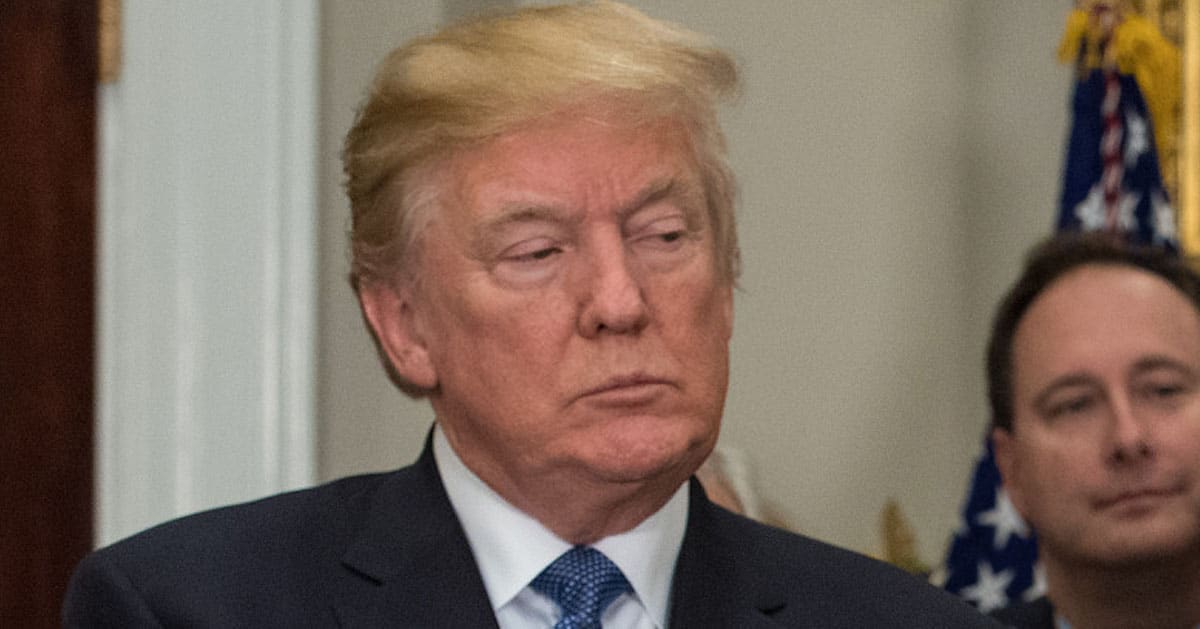



President Donald Trump and Israeli Prime Minister Benjamin Netanyahu are poised to topple Iran’s hostile regime, according to former House Speaker Newt Gingrich.
Speaking on Fox News Channel’s “Hannity” on June 18, 2025, Gingrich hailed their partnership as a historic force. His bold prediction stirred both hope and skepticism among viewers.
Breitbart reported that Gingrich claimed Trump, alongside Netanyahu, will dismantle Iran’s mullah-led government, ending decades of threats.
This collaboration, he argued, mirrors the transformative alliance of Ronald Reagan and Margaret Thatcher. Such a comparison invites scrutiny, given the complexities of Middle Eastern geopolitics.
Iran’s antagonism toward the U.S. began intensifying in 1978, when Ayatollah Khomeini labeled America the “great Satan.” By 1979, Iranian mobs chanted “death to America” while seizing the U.S. embassy illegally. These events set the stage for decades of hostility, which Gingrich believes Trump will decisively end.
Gingrich described Trump and Netanyahu as partners with unparalleled resolve. He predicted their actions would collapse Iran’s regime, paving the way for a prosperous future. This optimistic vision contrasts sharply with Iran’s entrenched theocracy, raising questions about feasibility.
“They have been taunting us, attacking us, harassing us all these years,” Gingrich said on “Hannity.”
He argued that previous U.S. presidents failed to counter Iran’s provocations effectively. Trump’s approach, he suggested, marks a bold departure from past inaction.
Gingrich emphasized that Trump’s leadership is uniquely suited to this challenge. “This would not have happened with anyone except Donald J. Trump,” he declared. Such a claim underscores Trump’s polarizing yet galvanizing presence on the global stage.
Within a decade, Gingrich forecasted, Iran could become a thriving, integrated regional neighbor.
This vision hinges on the collapse of the current regime’s power structure. Critics might argue that such a transformation overlooks Iran’s complex internal dynamics.
Host Sean Hannity amplified the discussion, noting Israel’s recent dominance in Iranian airspace. “They could deliver one devastating blow after another,” Hannity said. His remarks highlight the military dimension of the Trump-Netanyahu strategy, though specifics remain unclear.
Gingrich further praised Trump’s strategic clarity. “If you don’t want a nuclear Iran, then you’ve got to stop the mullahs,” he asserted. This logic, while straightforward, sidesteps the risks of escalation in an already volatile region.
“This will not be a forever war,” Gingrich promised, describing a swift use of American power. He envisioned a “brief, brutal, direct” campaign to neutralize Iran’s regime. Such confidence may rally supporters but invites caution from those wary of unintended consequences.
Hannity questioned whether the U.S. would target Iran’s Fordow nuclear facility with bunker-busting munitions. This pointed query underscores the high stakes of any military action. Gingrich, however, focused on the broader goal of regime change over tactical details.
Gingrich’s analogy to Reagan and Thatcher evokes a nostalgia for decisive conservative leadership. Yet, Iran’s theocracy is no Iron Curtain, and cultural differences demand nuanced strategies. Blindly applying past models risks oversimplification.
Gingrich argued that ending Iran’s regime would make the Middle East and the world safer. This bold assertion aligns with Trump’s “America First” ethos, prioritizing strength over diplomacy. Detractors might counter that stability requires broader regional cooperation.
“He’s given them every opportunity to peacefully get out of their demise,” Hannity said of Trump’s approach. This framing casts Trump as a patient yet resolute leader, though Iran’s leaders show little inclination to negotiate. The path forward remains fraught with uncertainty.



